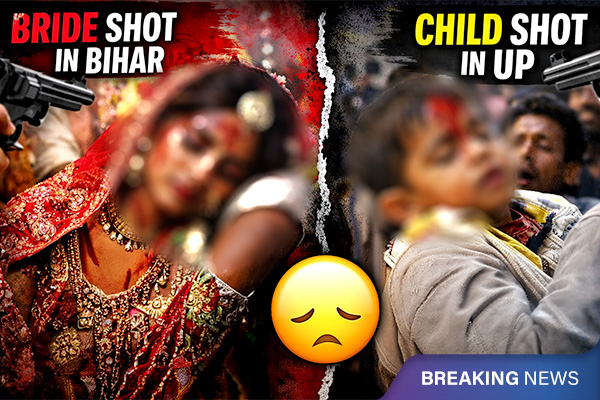Ongoing Israel–Yemen Crisis: Airstrikes, Naval Attacks & Political Moves
From sporadic missile and drone attacks since 2023 to escalated air and naval strikes in 2025, the Israel–Yemen conflict, linked to Iran, has grown sharply.
Tensions between Israel and Iran have been rising for a long time, mainly because of Iran’s support to armed groups and nuclear threats. One such group is the Houthis in Yemen, who have been backed by Iran. While Israel recently reached a ceasefire with Hamas, its conflict with the Houthis has grown more serious in the past few months.
Since November 2023, the Houthi rebels have launched hundreds of missiles and drones at Israel and international ships passing through the Red Sea. One major attack took place on 19 July 2024, when a Houthi drone hit an apartment in Tel Aviv, killing one person and injuring ten. In response, Israel carried out airstrikes on Houthi targets in Hodeidah, Yemen.
Later, on 26 December 2024, Israel started a military operation called “Operation Tzelilei HaKerem” and bombed several locations in Yemen, including Sanaa Airport, Hodeidah Port, and power stations. At least six people were killed and around forty were injured. Then on 10 January 2025, Israel, along with the US and UK, carried out coordinated airstrikes on around 30 Houthi locations in Sanaa and Hodeidah.
Again on 4 May 2025, a Houthi missile hit near Tel Aviv’s Ben Gurion Airport, injuring eight people. This led to more Israeli airstrikes on 5 May, targeting Houthi-controlled areas like Sanaa, Hodeidah, Ras Isa, Salif, and Ras Qantib. Around eight people were killed and nearly ninety were injured. The Houthis have been using advanced weapons like Iranian drones, hypersonic missiles, drone boats, and anti-ship missiles.
On 10 June 2025, Israel used its navy to attack Hodeidah Port by sea for the first time in this conflict. Later, on 1 July 2025, Israel’s Defence Minister Israel Katz gave a strong warning, saying that any future attacks from the Houthis would be met with strict action, including air and sea blockades. He even said that Yemen might face the same fate as Iran, which was recently targeted by Israel.
Prime Minister Netanyahu supported these actions and said that Israel’s airstrikes are necessary to protect not just itself but the entire world from Iranian-backed attacks. The situation got worse between 7 and 8 July 2025, when Houthi rebels attacked two Greek-owned ships—Magic Seas and Eternity C—in the Red Sea. These attacks caused damage, injured the crew, and forced the ships to be abandoned. In response, Israel launched heavy airstrikes on Houthi ports and also targeted a ship seized by the Houthis called the Galaxy Leader.
The Houthis again fired missiles towards Israel, but most of them were stopped in the air, and no major damage was reported. At present, a tense ceasefire continues between Israel and Hamas, but the conflict with the Houthis is still ongoing. The Houthis have said they are acting in support of Gaza and have continued attacking ships in the Red Sea. This has disturbed international shipping, and many ships now need protection through naval escorts.
In the middle of this crisis, Prime Minister Netanyahu has nominated former US President Donald Trump for the Nobel Peace Prize, saying Trump played an important role in improving ties between Israel and Arab nations. Interestingly, Pakistan has also nominated Trump for the same prize, appreciating his efforts during a recent rise in tensions between India and Pakistan.
On the global stage, the United Nations and the World Health Organization have raised strong concerns about airstrikes hitting airports and ports in Yemen. They warned that such attacks are affecting the delivery of food and medicines to people in need. Iran has also condemned Israel’s actions and called them a violation of international law.







